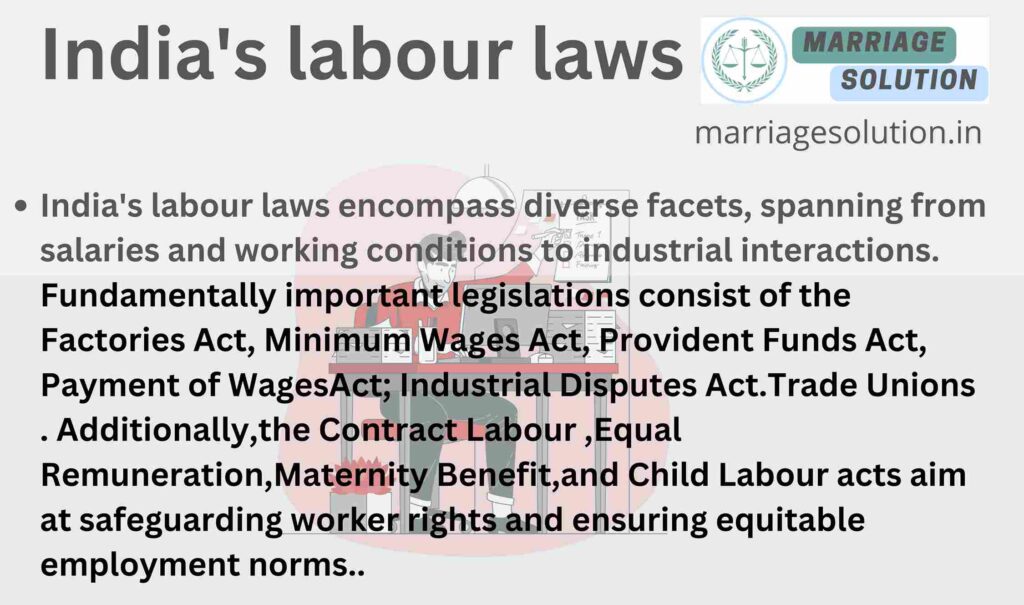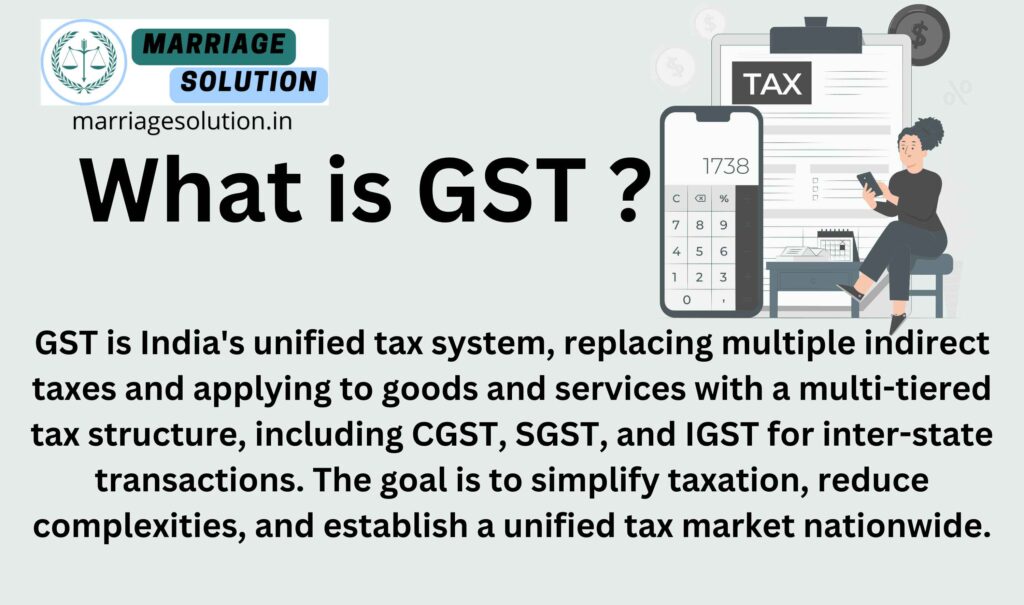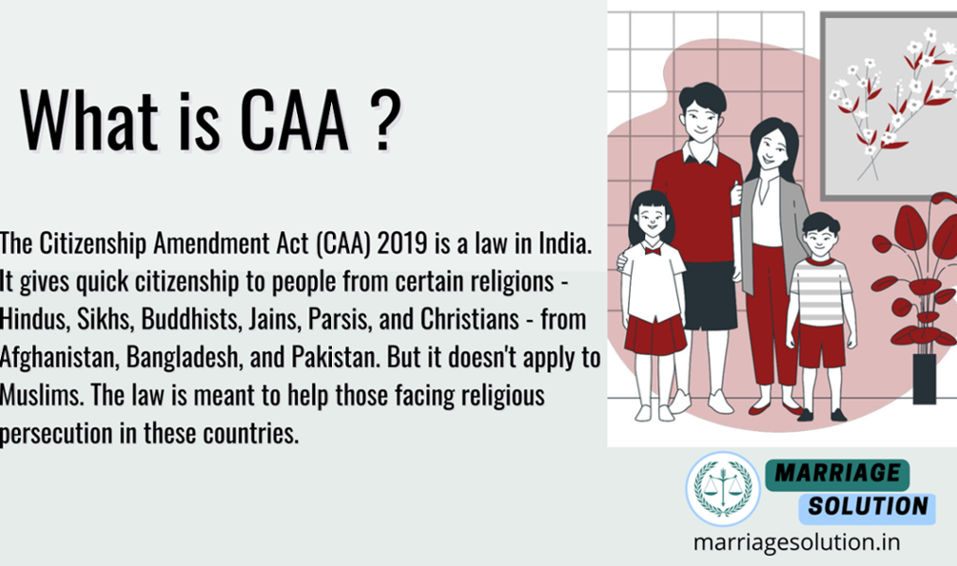AFSPA Act

AFSPA act mean Armed Forces Special Powers Act (AFSPA) grants special powers to the Indian Armed Forces in areas classified as “disturbed” due to significant insurgency or internal disturbances.
Right to Information RTI act :Your Comprehensive Guide (Part 1)

The Right to Information (RTI) Act : Explore the essence of the Right to Information (RTI) Act through this symbolic image. The image features legal documents, emphasizing the importance of transparency and accountability in governance. The scales of justice represent the balance achieved through the citizens’ right to access information.
What is Article 371 of Indian Constitution ?
Article 371 of the Indian Constitution grants special provisions to specific states and regions within India, addressing their unique historical, social, and cultural circumstances. These provisions aim to accommodate diverse needs and protect cultural identities within the constitutional framework.
Indian Labour law : Your Comprehensive Guide (Part 1)

The purpose of labour laws is to safeguard employees and guarantee equitable treatment at the workplace, encompassing aspects such as remuneration, security, and perks. These regulations establish a secure ambiance by imposing minimum wage requirements, ensuring factory safety measures are implemented effectively while granting rights like maternal leave entitlements. Abiding by these principles promulgates an impartial work culture encapsulating upright conduct; thereby cultivating conducive surroundings for progressive development.
GST :Your Comprehensive Guide (Part 1 – Understanding the Basics)

The Goods and Services Tax (GST) is like a big change in how we pay taxes in India. It started on July 1, 2017, and it’s here to simplify things. Before GST, we had many different taxes, and it could get confusing. Now, with GST, it’s like combining all those taxes into one. The idea is to make taxes more straightforward, clear, and fair for everyone. It applies to almost everything we buy or sell, and it’s helping India’s businesses and economy work better together. So, GST is not just a tax change; it’s a step towards making things simpler and better for all of us.
CAA :Citizenship Amendment Act (CAA) of 2019

The Citizenship Amendment Act (CAA) 2019 is a law in India. It gives quick citizenship to people from certain religions – Hindus, Sikhs, Buddhists, Jains, Parsis, and Christians – from Afghanistan, Bangladesh, and Pakistan. But it doesn’t apply to Muslims. The law is meant to help those facing religious persecution in these countries.
Court Marriage Process in India Part 3

Court marriage refers to a legal procedure where a couple gets married in a court of law, typically without any religious or traditional ceremonies. It is a civil ceremony that is recognized by the government as a valid marriage. In a court marriage, the couple applies for a marriage license from the local government or court, and once the legal requirements are met, they can have a simple ceremony conducted by a government official or a designated person such as a magistrate or a justice of the peace.
